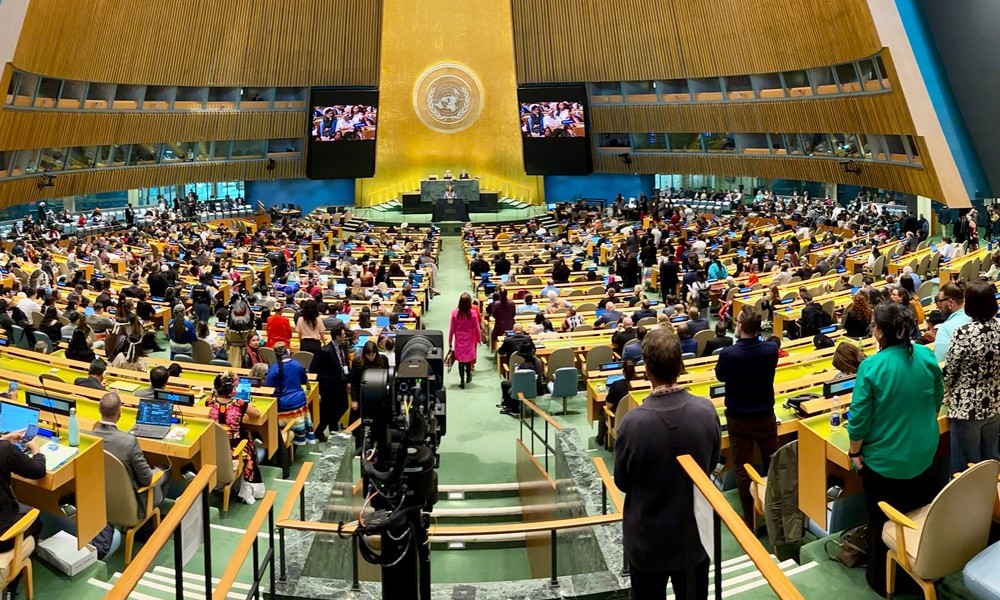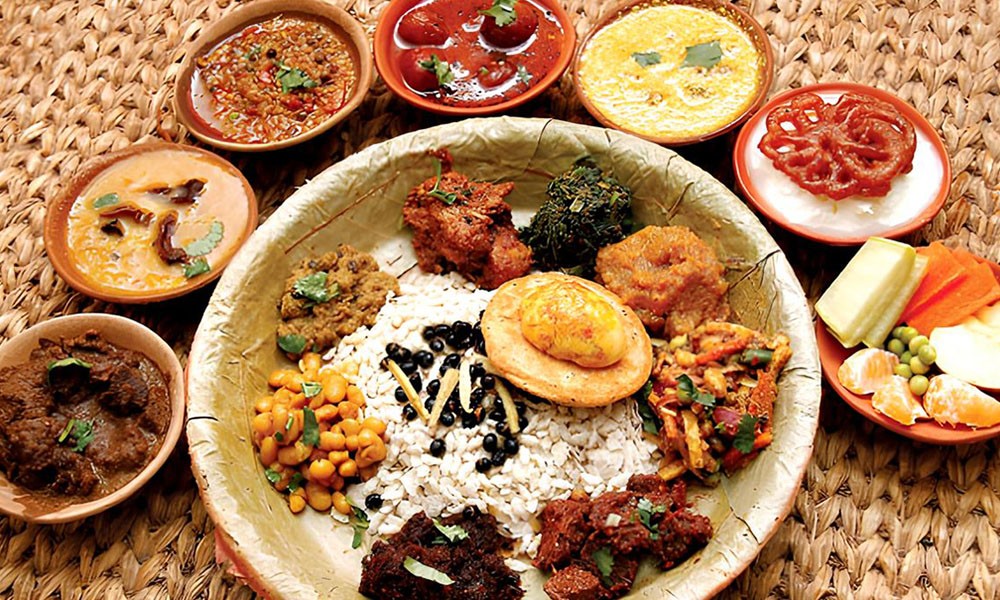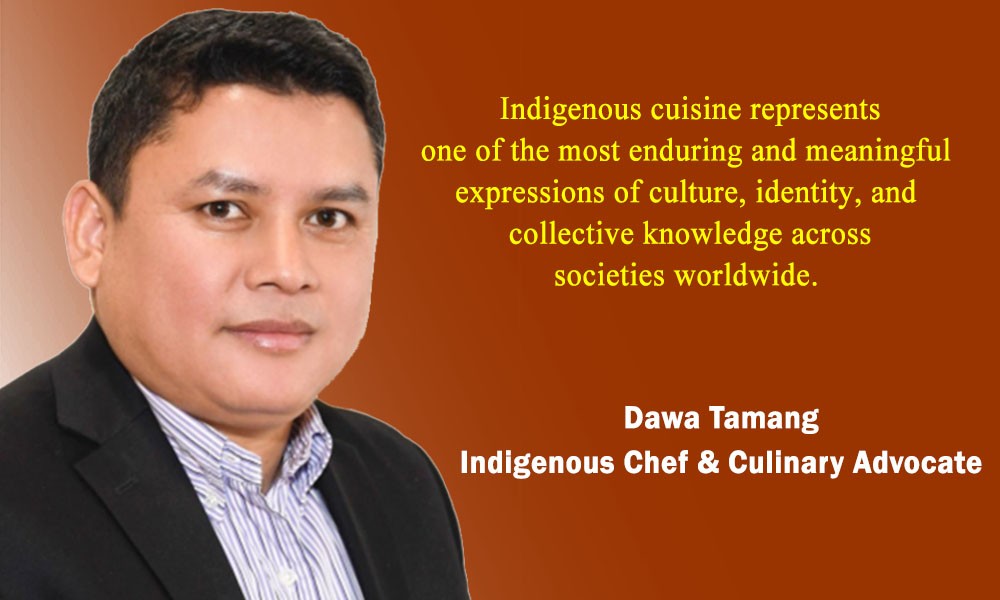B. ‘Toastie’ Oaster
During the opening day of this year’s United Nations Permanent Forum on Indigenous Issues (UNPFII), one speech took a striking turn. Indigenous leaders and representatives of nation states delivered 3-minute monologues about the plight and importance of Indigenous women around the globe. Most were followed by ripples of applause from the speakers’ peers, or sometimes thunderous ovation if the statement was particularly rousing.
Notably, an hour or so in, when the U.S. counselor for economic and social affairs, Edward Heartney, delivered his statement, he used his time to tout President Donald Trump as a protector of Indigenous women.
“The United States remains committed to promoting the rights and well-being of Indigenous women and girls,” said Heartney. “During President Trump’s first administration, he supported initiatives aimed at promoting economic development and entrepreneurship among Indigenous women.” Heartney mentioned violence against Indigenous women, and gave examples that he said “demonstrate the administration’s ongoing commitment to delivering accountability and justice for American Indian and Alaska Native nations and communities.”
No one clapped. You could hear a pin drop.
BREAK
Presiding over the three hours of interventions, which would continue into the next day, was Aluki Kotierk (Inuit), newly-elected chair of the UNPFII. Representatives of Indigenous communities around the world described the progress certain countries have made to protect Indigenous women, and the considerable work still left to do.
“Colombia understands that Indigenous women are the owners of our territories – not guardians,” said Colombia’s Minister of Environment Lena Estrada Anokazi (Uitoto Minɨka). Anokazi is the first Indigenous woman to hold this office in Colombia.
Chile, for example, has adopted laws against gender-based violence and has a new law going through Parliament that aims to protect cultural heritage. The president of Mexico, Claudia Sheinbaum, declared 2025 to be the “Year of the Indigenous Woman.” Colombia approved a formal development plan recognizing Indigenous women as key defenders of land, food sovereignty and knowledge systems.
“Colombia understands that Indigenous women are the owners of our territories – not guardians,” said Colombia’s Minister of Environment Lena Estrada Anokazi (Uitoto Minɨka). Anokazi is the first Indigenous woman to hold this office in Colombia.
But it’s not enough, she said, that her nation has implemented traditional Indigenous knowledge in development and policy. “We need to fight, because traditional knowledge systems are there and always have been, but they need to be appreciated on the same level as scientific knowledge,” Anokazi said.
By her characterization, Indigenous women are leaders living at “the dangerous nexus of multiple and intersectional discrimination due to their gender and their Indigenous identity,” but who nevertheless protect the land and the cultural understanding of how to care for it.
More and more, traditional cultural knowledge is revealing itself as essential to fighting climate change and engineering new ways of living that don’t destroy the earth. This positions Indigenous women as among the most impacted by climate change, and also likely the most capable of solving it. Without Indigenous women, Anokazi said, we can’t even talk about sustainable development.
Interventions by some non-Native representatives painted a slightly different picture of Indigenous women: one that focused almost exclusively on the violence, dispossession and dismissal they face, without the context that they are knowledge- and culture-bearers, intentionally vulnerable in a hardening world as stalwart servants of their ecosystems and communities.
The differing views of Indigenous women was not lost on forum attendees. An Inuit representative took time from her three minutes to assert that Indigenous women are not simply passive victims of colonization, which is a key distinction highlighting fundamentally differing worldviews. Quechua activist and forum panelist Tarcila Rivera Zea re-grounded the discussion with an Indigenous women’s view on Indigenous women: “We’re not complaining. We’re not begging,” she asserted. “We’re acting.”
In the context of this conversation, Heartney’s pro-Trump statement felt abrupt and out of place to attendees. It echoed messaging from right-wing think tanks, which use economic development, job creation and even so-called protection as Trojan horses for resource extraction.
“The Gwich’in have never given consent for development, and our right to self-determination is being violated by interests that view our lands as a commodity,” ChasingHorse continued. “I am outraged that decisions about my people’s future are being made without us at the table.”
Heartney framed economic empowerment – not preservation of culture and biodiversity, nor justice for murdered and missing Indigenous women (MMIW) as others did — as “a cornerstone” of the United States’ approach to Indigenous women’s well-being. As for their safety, he cited legislation passed during the first Trump administration to address the MMIW crisis, and the FBI’s Operation Not Forgotten.
In the silence that followed, Heartney briskly gathered his things and slipped out the door. Had he stayed, he would have heard the next statement, delivered by fashion model and land protector — a term used to describe a lifelong commitment to one’s homelands — Quannah ChasingHorse (Hän Gwich’in and Sicangu Oglala Lakota) on behalf of the Gwich'in Steering Committee.
“The U.S. has opened the coastal plain to oil and gas leasing, threatening our very survival,” ChasingHorse said. Though ChasingHorse’s statement was written in advance, it read like a direct rebuff to Heartney’s message. The coastal plain in question is Iizhik Gwats’an Gwandaii Goodlit, “the Sacred Place Where Life Begins.”
“The Gwich’in have never given consent for development, and our right to self-determination is being violated by interests that view our lands as a commodity,” ChasingHorse continued. “I am outraged that decisions about my people’s future are being made without us at the table.”
Last month Heartney announced in a General Assembly session the United States’ rejection of the UN’s sustainable development goals. “Put simply, globalist endeavors like Agenda 2030 and the SDGs lost at the ballot box,” he said. High Country News reached out to Heartney for comment through his colleagues and through an online contact form, but as of press time has not received a response.
On Tuesday, during a discussion on the right of Indigenous people to consent to decisions impacting their lands, Chickaloon Village Traditional Chief Gary Harrison put a fine point on things. His community, he said, has particularly high rates of MMIW cases. “I find it a little bit strange that you have governments taking up Indigenous peoples’ time,” he said, spending precious seconds of his three minutes to directly question the forum chair. “If everything’s okay in their countries, why are we here?” The room thundered with applause.
B. ‘Toastie’ Oaster is associated with High Country News. This story is published through the Indigenous News Alliance.









